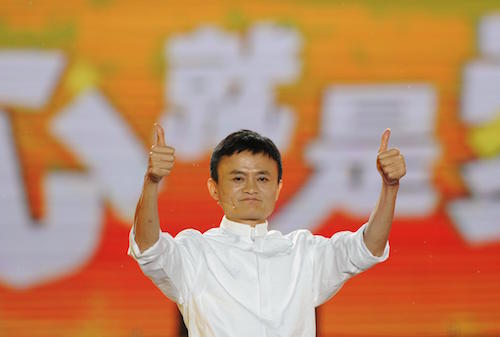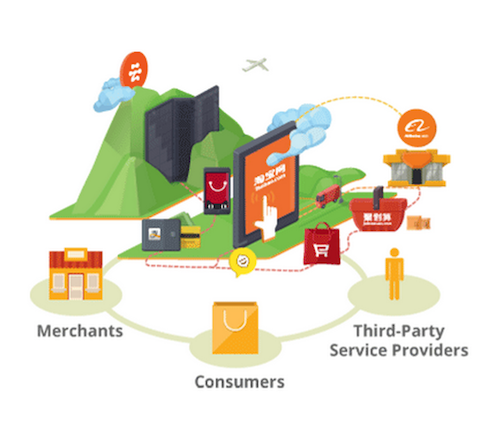Back in September, one of the most anticipated events was the release of Alibaba’s long awaited IPO; prior to its release, critics, skeptics, and analysts pored over the details and various possibilities of how the security would behave once the company became public. To date, the company’s decision to go public has proven every bit as successful as promised.
This success is not unfounded. One of the ways in which analysts value securities is by their corporate structure in relation to company comparables, and according to Stephanie, Alibaba has set itself apart in operations. She discusses how Alibaba’s unique philosophy of not holding inventory, by acting as the medium connecting supplier with consumer, has streamlined processes, allowing it to lower costs of production and mitigate depreciation and inefficiencies.
However, operations isn’t the only area where Alibaba separates itself. Their business model is one where customers are prioritized above employees and shareholders. I find it fascinating that despite being a company of enormous scale, Alibaba’s business model continues to be a point of difference, rather than a point of parity in the online retailing industry. I predict that, with regards to Alibaba’s quick rise to prominence, that the company is quietly setting the industry trend in terms of operational and inventory management.
Alibaba just recently passed a comparable, Walmart, in terms of size of market capitalization. They also use two completely different business models. I guess we know which one’s working better.

